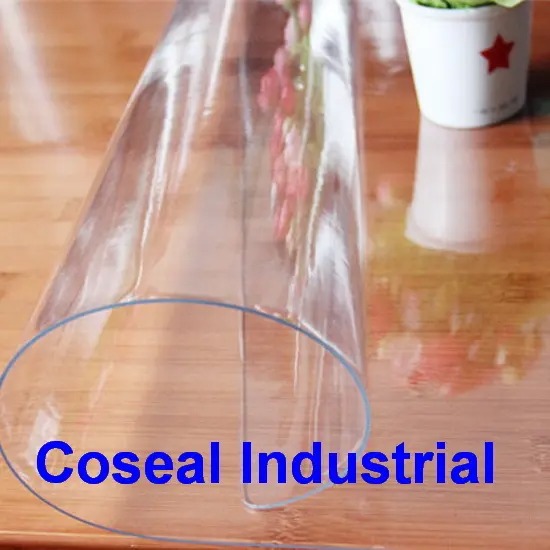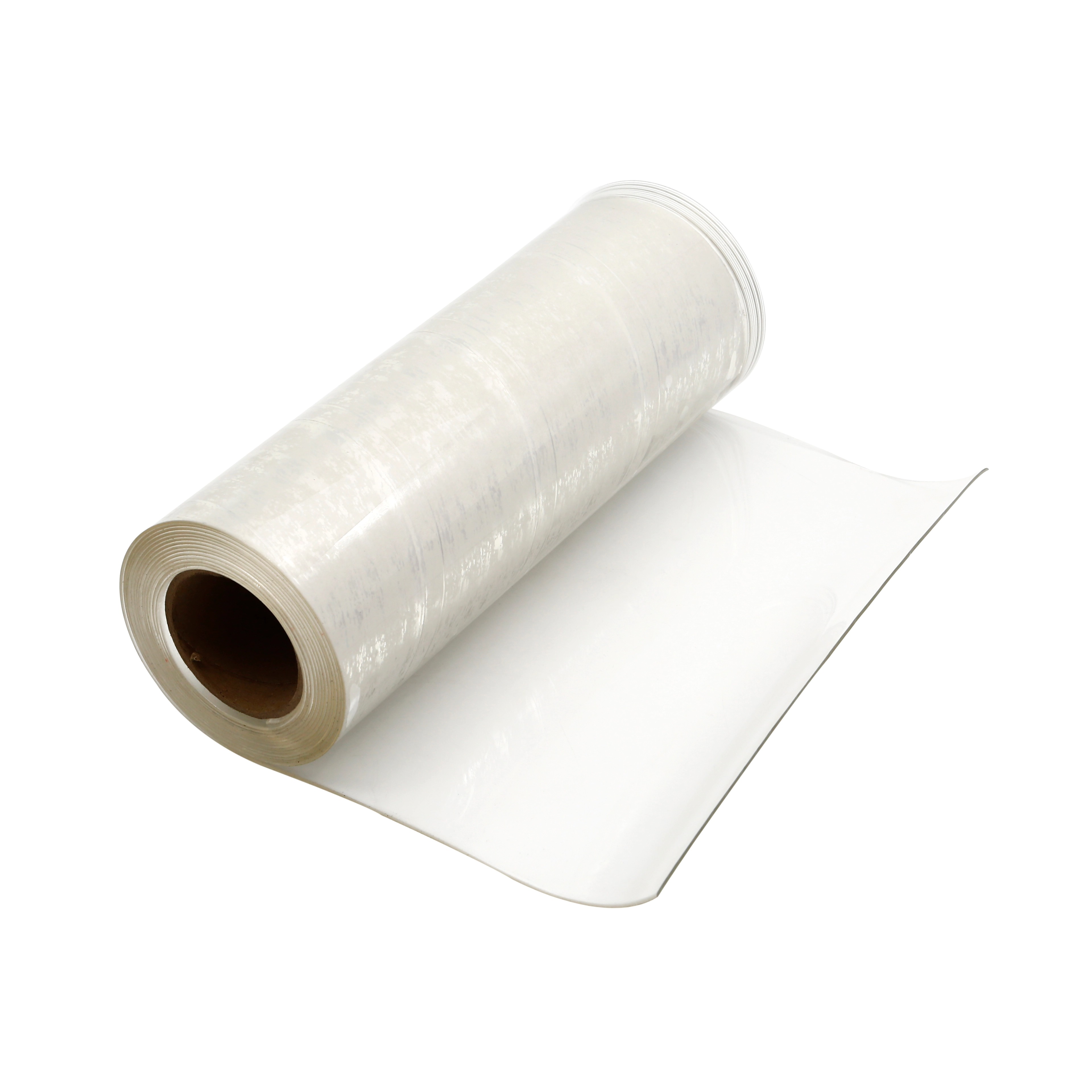Views: 185 Author: Site Editor Publish Time: 2025-07-15 Origin: Site









In the world of construction and fabrication, choosing the right material can make all the difference. Among the most commonly compared options are PVC sheets and plywood. Each has its strengths and ideal use cases, but the question often arises: Is PVC sheet stronger than plywood?
This article delves into a detailed comparison between PVC sheet and plywood, evaluating strength, durability, application suitability, environmental resistance, and cost-effectiveness. If you're planning a building project or choosing materials for furniture, signage, or interior work, understanding the fundamental properties of these two options is crucial.
PVC sheet, or Polyvinyl Chloride sheet, is a type of thermoplastic material used widely across various industries. It is made from synthetic plastic polymers and is known for being lightweight, corrosion-resistant, and moisture-proof. PVC sheets come in several forms including rigid, semi-rigid, and flexible sheets depending on the application.
Typically, PVC sheets are produced in standard sizes and can be easily cut, drilled, shaped, or thermoformed. They are commonly used in advertising panels, interior décor, sanitary partitions, and even structural applications in lightweight construction. Because of their resistance to environmental degradation, PVC sheets have become a popular alternative to traditional wooden materials.
Plywood is an engineered wood product made from thin layers (plies) of wood veneer that are glued together with adjacent layers having their wood grain rotated up to 90 degrees to one another. This cross-graining technique significantly improves the strength and stability of the sheet.
Plywood has been used for decades in construction, particularly in flooring, roofing, and wall sheathing. It’s favored for its affordability and mechanical strength, but it has some limitations when exposed to water, chemicals, or harsh weather over time.

When comparing tensile strength, plywood generally has higher mechanical strength due to its natural wood fibers. However, PVC sheet compensates for this with better impact resistance, especially in environments where moisture or chemical exposure is frequent.
PVC does not splinter or crack easily under pressure, while plywood can delaminate or warp when under sustained stress or in fluctuating humidity conditions. So, in dry and controlled environments, plywood may have better load-bearing strength, but PVC proves more durable in corrosive or moist conditions.
Flexural strength refers to a material's ability to bend without breaking. Plywood, with its layered structure, tends to outperform PVC sheets when it comes to bearing weight over a long span without bending. This makes it ideal for load-bearing applications like flooring or roofing.
In contrast, PVC sheet is more flexible and can bend without snapping, which makes it suitable for curved surfaces or installations requiring thermal forming.
PVC sheet is inherently waterproof. It is immune to rot, mold, and insect damage. This makes it an excellent choice for kitchens, bathrooms, and other high-moisture environments. Plywood, unless treated with waterproof coatings, is susceptible to moisture damage, warping, and fungal attack.
PVC also outperforms plywood in terms of UV and chemical resistance. It doesn't fade easily under sunlight and holds up well against acids and alkalis. Plywood, being an organic material, tends to degrade under prolonged UV exposure and can absorb chemical spills, which may weaken its structure.
| Application Area | Recommended Material | Reason |
|---|---|---|
| Outdoor Signage | PVC Sheet | Waterproof, UV-resistant, and weatherproof |
| Furniture Construction | Plywood | High load-bearing capacity, aesthetically appealing wood finish |
| Bathroom Partitioning | PVC Sheet | Moisture-proof, easy to clean, and hygienic |
| Flooring Substrate | Plywood | Superior compressive and flexural strength |
| Chemical Laboratory Tables | PVC Sheet | Resistant to chemical corrosion |
| Temporary Exhibits | PVC Sheet | Lightweight, easy to shape and transport |
As this table illustrates, PVC sheet is ideal for moisture-prone or chemically aggressive environments, while plywood suits dry, structural applications where mechanical strength is prioritized.
At first glance, PVC sheets are generally more expensive than plywood per square foot. However, their low maintenance, longevity, and environmental resilience often justify the initial cost, especially in industrial or humid environments.
Plywood, though cost-effective, may require frequent maintenance, sealing, or replacement when exposed to harsh conditions. The hidden costs of repairs or replacements should be factored into long-term planning.
PVC is a synthetic material and raises concerns about recyclability and environmental sustainability. However, many modern PVC sheets are now produced with recyclable additives and non-toxic stabilizers, making them safer and more eco-conscious than older versions.
Plywood, being wood-based, is often seen as more environmentally friendly, particularly if sourced from sustainable forests. However, the glues used in plywood can emit VOCs (volatile organic compounds), especially in cheaper variants.
So, while plywood has a more natural origin, modern PVC sheets are catching up in terms of sustainability with technological advancements in production.

Yes, but with limitations. While PVC sheets have excellent durability and resistance properties, they lack the compressive strength of plywood and may not be suitable for high-load structural elements.
Absolutely. High-quality PVC sheets are manufactured using non-toxic, lead-free stabilizers, making them safe for indoor applications such as cabinets, wall cladding, and ceiling panels.
PVC sheet typically lasts longer in moist or corrosive environments, often exceeding 20–30 years with minimal maintenance. Plywood may degrade within 5–15 years depending on exposure and treatment.
PVC sheet is generally easier to cut, bend, and shape without the need for heavy tools. Plywood requires more traditional woodworking tools and produces more waste in the cutting process.
So, is PVC sheet stronger than plywood?
The answer depends heavily on the application and environment. In terms of mechanical strength and rigidity, plywood is stronger and better suited for load-bearing uses. However, when considering moisture resistance, durability, and flexibility, PVC sheet emerges as the superior material.
Each material serves its purpose. If you're building a wooden shelf, plywood is your go-to. If you're constructing a moisture-resistant cabinet in a bathroom or a lab bench resistant to chemical spills, PVC sheet is undoubtedly the better choice.
+86-17568932656
+86-532-83954588
+86-13853208588
coseal@coseals.com / coseal@163.com / 1097813981@qq.com

